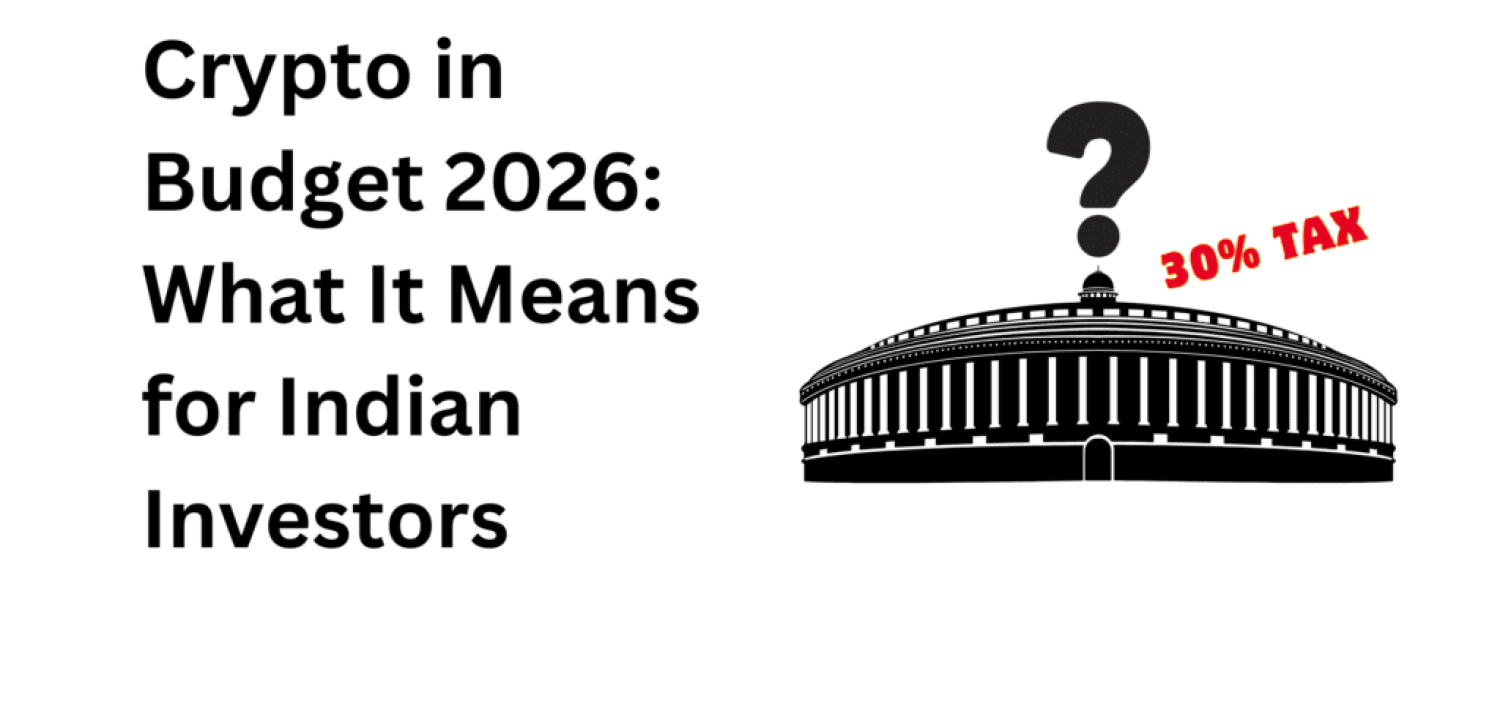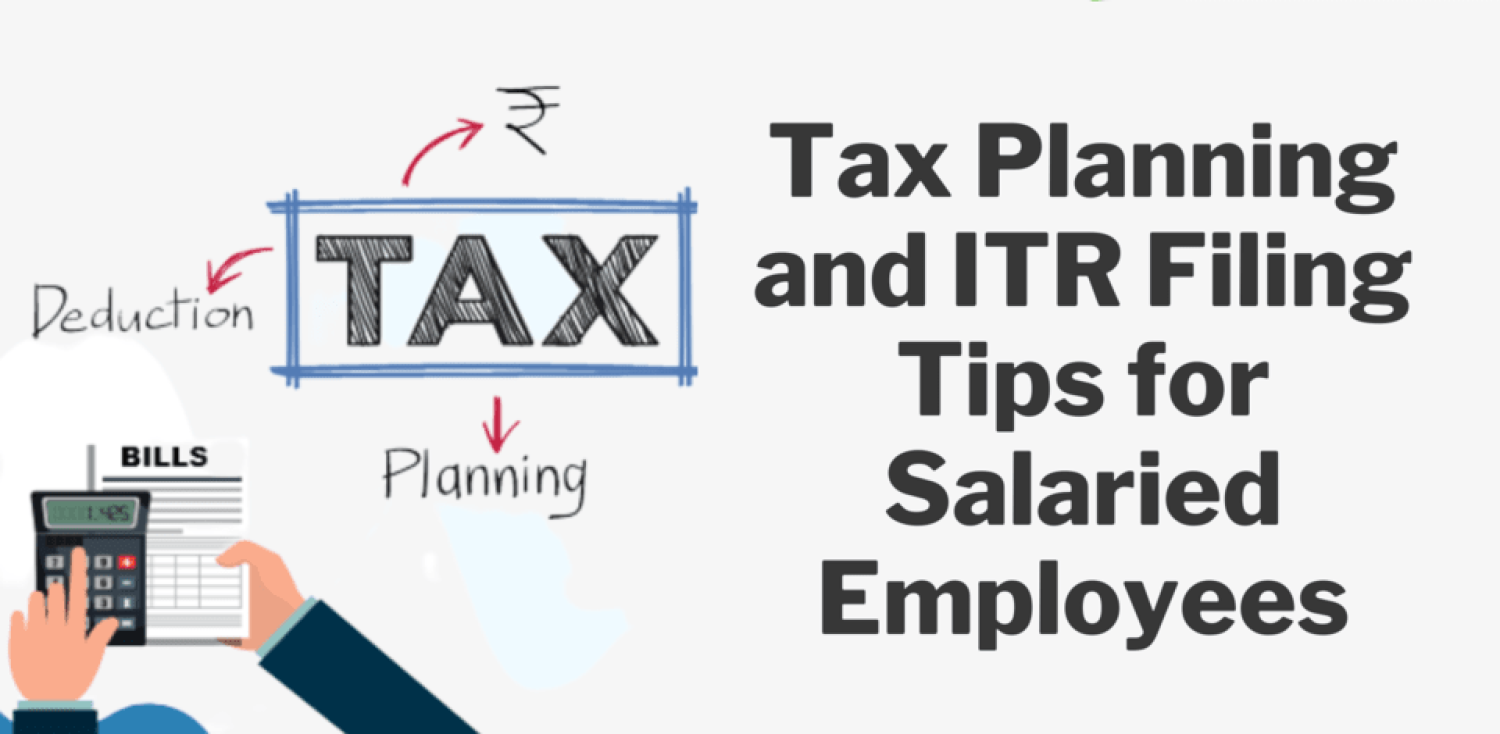
The effect of GST will certainly initially affect the hospitality sector, which is a significant part of the tourism industry. Nevertheless, it can prove to be of long-term value to the industry. Within the GST system, the incentives are required to be pursued, R&D cessation would be reduced as one to be charged on professional know-how and franchise fees. This will wipe out enforcement processes and numerous taxes.
The GST would bring about an increase in rates for customers when it comes to hotel travel and pays. But in the long term, the same is likely to improve and gain. Since the repetition of taxes on airlines and hotels would be avoided, the set-off amount of these taxes will fall back in customers' lapses; hence consumers will likely pay less than in the short run.
The taxes over the hotel and restaurant supplies which form the major component of tourism costs will likely be subjected to a single tax thus reducing the burden of cascading taxes, initiating flexibility and cost-effectiveness to benefit travellers.
Impact of GST
1. Export of services definition
The Export of services does not include the hospitality and tourism sector as per the GST Bill draft. Therefore, to be able to know the benefits in this sector, the definition needs to be updated.
2. Effect of taxes
The hotel and tourism industry is one of the industries which are levied with multiple taxes. There are mainly three taxes involved i.e. the VAT and luxury tax by the state govt. and the Service tax by the central govt. The value of Vat tax varies from 12 to 14.5% according to the state. The luxury tax varies from zero to 12% depending on room type and state whereas the service varies according to the type of service provided.
When all these three taxes are combined, the taxes go up to 20 to 27%. With the implementation of GST, the cascading taxes would combine and a single tax regime would reduce it to just 17 to 19%. The tourism and hotel industry will thus be benefitted as more tourists will visit India due to the low tax rate. However, as the luxury tax is not levied on all transactions, GST would be high or at par in such a case.
3. Impact on electricity and alcohol
One of the worries of the hotel industry is the non-inclusion of electricity and alcohol tax in GST. There won't be a single GST for the same. Hotels are known to consume tolls of electricity and not covering it under GST means not being able to fetch benefit from the input credit of the two items.
4. Taxes paid on renovation and construction
A huge amount is spent on renovation and construction by the hotel industry. The taxes levied on the cost of construction and renovation will not be included in GST to input credit and set off taxes paid on the services as they are subject to variation.
5. R&D cess
The research and development cess applicable to technical know-how and franchise fees are likely to be a part of the GST regime.
So, this is how the hotel and tourism industry would likely be affected or rather be impacted by the GST.

















